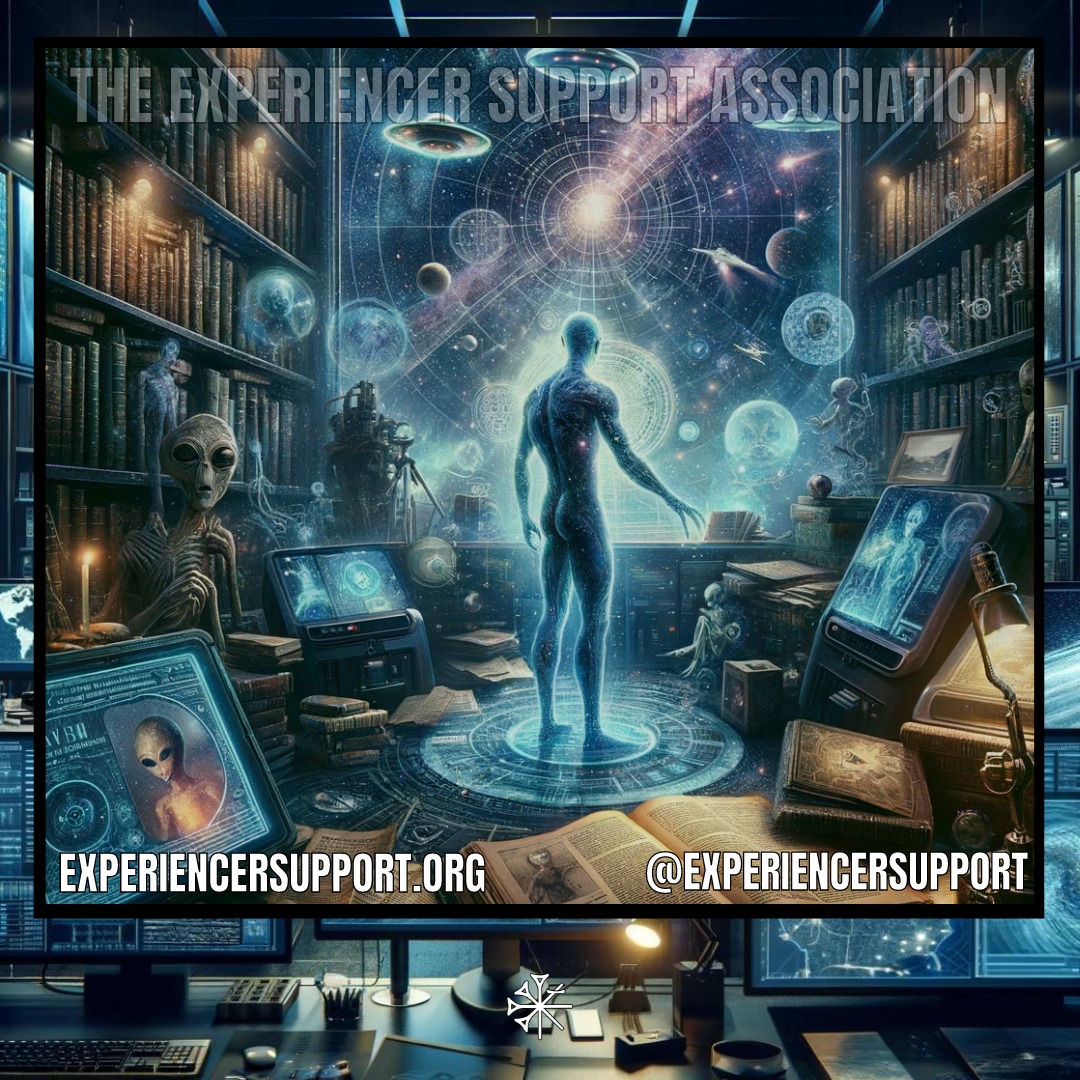Beyond the Evidence: The Mystery and Motivation of Alien Research

The study of aliens has always been mysterious and intriguing. Researchers face many challenges when exploring this uncharted territory, contributing to the subject’s complexity and complexity. From the historical lack of concrete evidence to the societal stigma attached to the topic, the study of aliens remains perplexing. Yet, precisely, this sense of mystery deepens the allure of the unknown.
The term “alien” invokes a sense of mystery and brings to mind extraterrestrial beings and unidentified phenomena that challenge our understanding of the universe. This mystery is only partially due to insufficient concrete evidence or scientific uncertainties. Instead, it involves a complex interplay of historical, societal, and existential factors.
Therefore, the mystery of alien studies extends beyond the pursuit of evidence or scientific inquiry; it involves a delicate dance between perception and reality. It calls into question the existence of extraterrestrial life and how society interprets and reacts to such a possibility.
The idea of life beyond Earth challenges our worldview and raises questions about humanity’s place in the cosmos. However, we are fascinated with the existence of alien species, as evidenced by our investment in space travel, the excitement and possibility of their existence, and our belief in them despite a lack of hard evidence.
Additionally, the James Webb Space Telescope found indications suggesting that oxygen, an essential element of life, was abundant. This finding substantiates the possibility that life may exist and have existed earlier than scientists estimated. NASA officials have reported no conclusive findings yet, although they admit it could be a breakthrough. It would need years of further research.
The Impact of Witness Accounts on Alien Studies
┬Ā
Scientifically, the mystery deepens as researchers grapple with the cosmos’ vastness and current technology’s limitations. The sheer enormity of space and the infinite possibilities for life forms make it daunting to provide conclusive evidence. The lack of tangible proof contributes to the skepticism surrounding alien studies.
Without question, witness accounts form a rich tapestry of personal anecdotes, each thread weaving a unique story of encounters with the unknown. From vivid descriptions of UFO sightings to detailed narratives of face-to-face interactions with aliens, these accounts paint a diverse picture of experiences that transcend cultural and geographical boundaries. However, researchers face a challenging dilemma as some accounts are tinged with sensationalism or conspiracy, making distinguishing between genuine experiences and embellished tales difficult.
The fine line between belief and skepticism is a tightrope for researchers and the public. Researchers must carefully evaluate the evidence presented in witness accounts without succumbing to the pull of unbridled belief or outright dismissal. The impact of witness accounts extends beyond the research community, influencing public perception of alien studies. The challenge for researchers is to analyze the credibility of individual accounts while understanding the broader implications of these narratives on public perception.
Even with my numerous conversations on One More Thing Before You Go, with direct witness accounts saying that they are an Alien Hybrid, have been abducted, taken aboard the ship, have conversations with and have been experimented on, I’ve always entered those conversations with a bit of uncertainty. These accounts contribute significantly to alien studies’ perplexity as researchers navigate the fine line between belief and skepticism.
Researchers use rigorous methodologies to sift through the vast array of narratives, seeking commonalities that might provide insight into the nature of potential extraterrestrial encounters. Societal perceptions also play a prominent role when discussing this phenomenon publicly. The topic of alien studies is often met with skepticism and ridicule in society, creating a stigma that hinders severe scientific inquiry. Researchers find themselves working against preconceived notions and biases.
The Allure of the Unknown: Future Prospects in Alien Studies
Popular media often portrays extraterrestrial encounters sensationally, contributing to a climate of skepticism and ridicule. Researchers navigate a complex web of preconceived notions, striving to separate credible inquiry from sensationalized narratives.
In the scientific community, skepticism regarding aliens prevails due to the need for more empirical evidence and peer review challenges. Overcoming scientific skepticism is a daunting task. The limited financial support for alien research also creates hurdles for researchers seeking acceptance in mainstream academia. Governments and institutions may prioritize other scientific endeavours, leaving researchers in this field needing more resources.
The reluctance of mainstream academia to embrace alien studies further compounds the challenges. Academic resistance and public skepticism create an uphill battle for researchers. We are changing the narrative, and gaining acceptance becomes imperative for the field’s future. Despite these obstacles, the allure of the unknown continues to captivate human curiosity, fueling the quest for answers and exploration beyond our earthly confines.┬Ā
The study of aliens has the potential to lead to groundbreaking discoveries. However, this field of study faces various challenges, such as skepticism, funding difficulties, and a need to change mainstream perceptions. Overcoming these obstacles is crucial for the field’s growth. Despite these challenges, human curiosity and the allure of the unknown will continue to drive the quest for answers and exploration beyond our planet.

Michael R. Herst
Always stay positive, inspire, motivate and educate to help mankind move forward.

